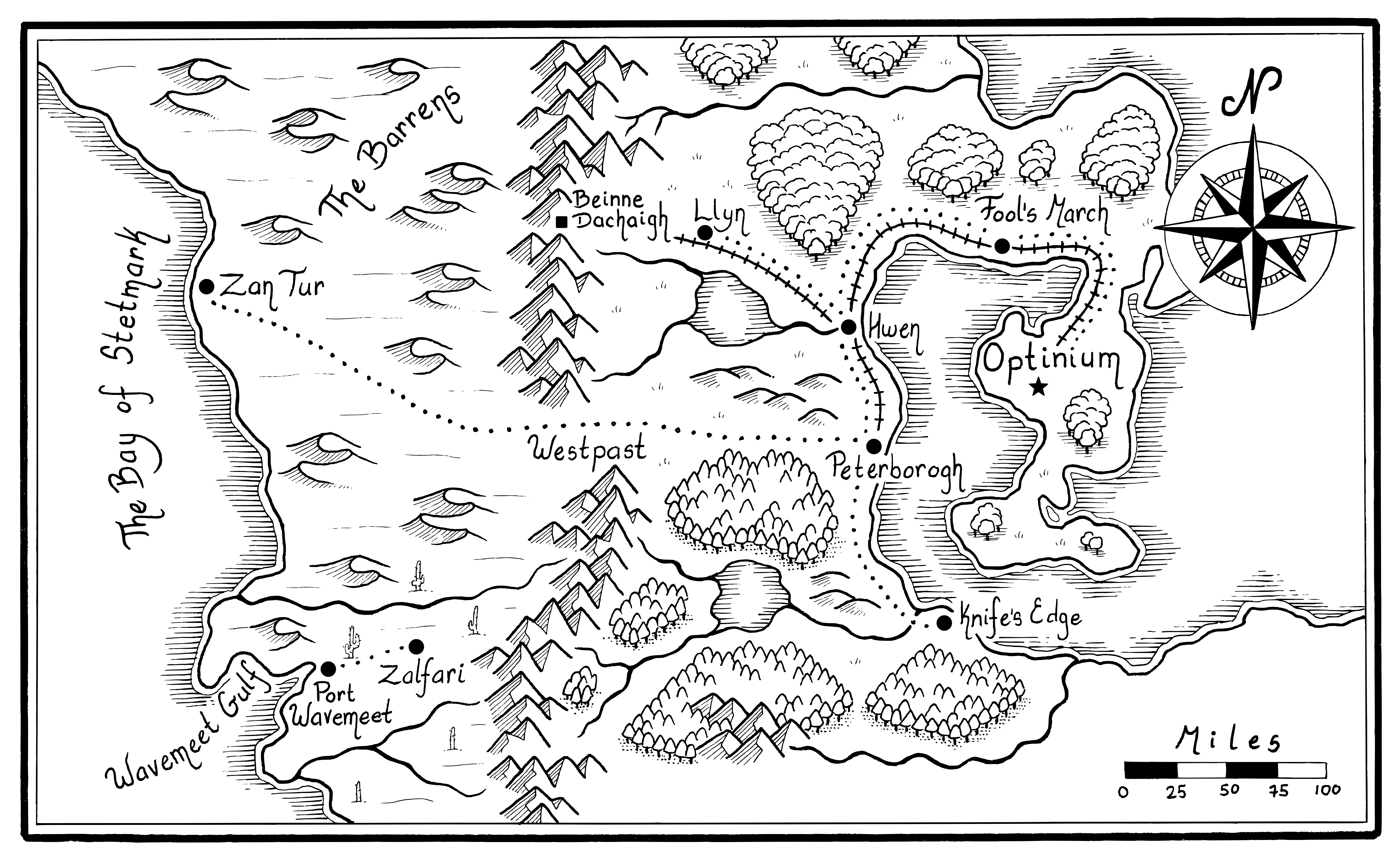The God Kings
The God-Kings of Old Locus: A History of Hubris and Downfall
A More Expansive Chronicle of Druidic Genesis, Tyrannical Reign, and Lamentable Demise
I. Of Druidic Genesis and Nature's Whisper:
In the mists of time, long before the iron grip of Empire descended upon Locus, a different power held sway – the enigmatic dominion of the God-Kings. Know, Gentle Reader, that these were not beings sprung forth from the celestial firmament, nor deities whispered of in ancient cosmogonies. Nay, these were mortals, Druids of considerable puissance, who, through a most unforeseen and ultimately tragic avenue, ascended to a form of earthly divinity. These Druids, in their genesis, were not unlike the wise hermits and learned scholars of our present age. They were students of Nature's grand and subtle workings, individuals who dedicated themselves to the verdant mysteries of the world. Through years of secluded contemplation amidst ancient groves and beside whispering streams, they cultivated a profound communion with the natural order. From this connection, they drew insight into the hidden currents of life, and, it must be said, a measure of power that was, in its nascent form, wielded with considerable wisdom and for the benefit of the common folk.II. Of Misplaced Devotion and Mortal Exaltation:
Alas, the hearts of mortals are oft a field sown with seeds of unintended consequence. In time, the common populace, witnessing The Druids' seemingly miraculous abilities – their command over the elements, their power to heal and to ward – began to shift their reverence. No longer content to venerate the grand, impersonal forces of Nature itself, they turned their devotion towards the mortal vessels who interpreted its whispers. Worship, which by its very nature should be directed towards the immutable and the eternal, was tragically misaimed at these Druids. Altars were raised not to the spirits of the wood or the flowing river, but to the Druids themselves, their names whispered in supplication, their figures adorned with offerings and praise. This subtle yet profound redirection of devotional currents proved to be the seed of a most bitter harvest.III. Of Divine Ascension and the Spoils of Tyranny:
Thus, imbued with the unearned power of misplaced veneration, these Druids underwent a transformation most lamentable. The very essence of divinity, or at least a crude earthly approximation thereof, began to coalesce within them. They became more than mere interpreters of Nature's will; they became, in the eyes of their devoted followers, embodiments of divine power itself. Ascending to this perilous height, they shed their humility and wisdom, succumbing to the intoxicating allure of absolute dominion. The Druids, once shepherds of their people, transformed into autocratic rulers, the God-Kings of Locus. For millennia uncounted, they held sway, their reign a theocratic despotism marked by caprice and, as historical accounts grimly attest, often by cruelty. Their power, initially drawn from Nature's balanced harmonies, became twisted and self-serving, wielded not for the common weal, but for the perpetuation of their own exalted status.IV. Of Non-Believers and the Fires of Revolution:
Yet, even the most entrenched tyranny must, in time, face the winds of change. From amongst the populace, weary of arbitrary rule and the stifling weight of theocratic decree, arose a movement of dissent. These were the Non-Believers, individuals of diverse backgrounds and convictions, united by their shared rejection of the God-Kings' self-proclaimed divinity and their yearning for a more equitable order. These Non-Believers, with righteous fervor and considerable courage, dared to challenge the seemingly unassailable authority of the God-Kings. They formed a clandestine organization, The Inquisition, initially a body of radical thinkers and agitators, dedicated to dismantling the very foundations of intelligent worship. Their aim was nothing less than the eradication of any belief system that could pave the way for a resurgence of god-like rulers.V. Of Dissolution's Tempest and a New Spiritual Dawn:
The ideological struggle, initially waged in hushed whispers and secret gatherings, inevitably erupted into open conflict. The Year of Dissolution, as it is now known in the annals of Locus, was a time of societal convulsion, a tempestuous epoch of revolution and bloodshed. The Inquisition, now a formidable force, spearheaded a continent-wide uprising against the God-Kings. The conflict was terrible in its scope and devastating in its cost. Battles raged across the land, temples were razed, and the very fabric of Locian society was torn asunder. It is estimated that some three million souls perished in this cataclysm, a staggering toll that forever scarred the collective memory of Locus. Yet, from this carnage, a new dawn eventually broke. The God-Kings, their power finally broken, their theocracy shattered, were swept away by the tide of revolution. In the aftermath, a new spiritual order was painstakingly forged. From the ashes of deity-centric worship arose Symbology, a mode of reverence deliberately divorced from the veneration of persons. Henceforth, worship in Locus would be directed not at individuals, however powerful or charismatic, but at abstract ideals, at the awe-inspiring grandeur of the natural world, and at the symbolic resonance of inanimate forms – a carefully constructed safeguard against the very specter of a resurgent God-King and the tyranny divine.(Redacted)
Founding Date
(Redacted)
Type
Religious, Other
Alternative Names
(Redacted)
Demonym
(Redacted)



Comments